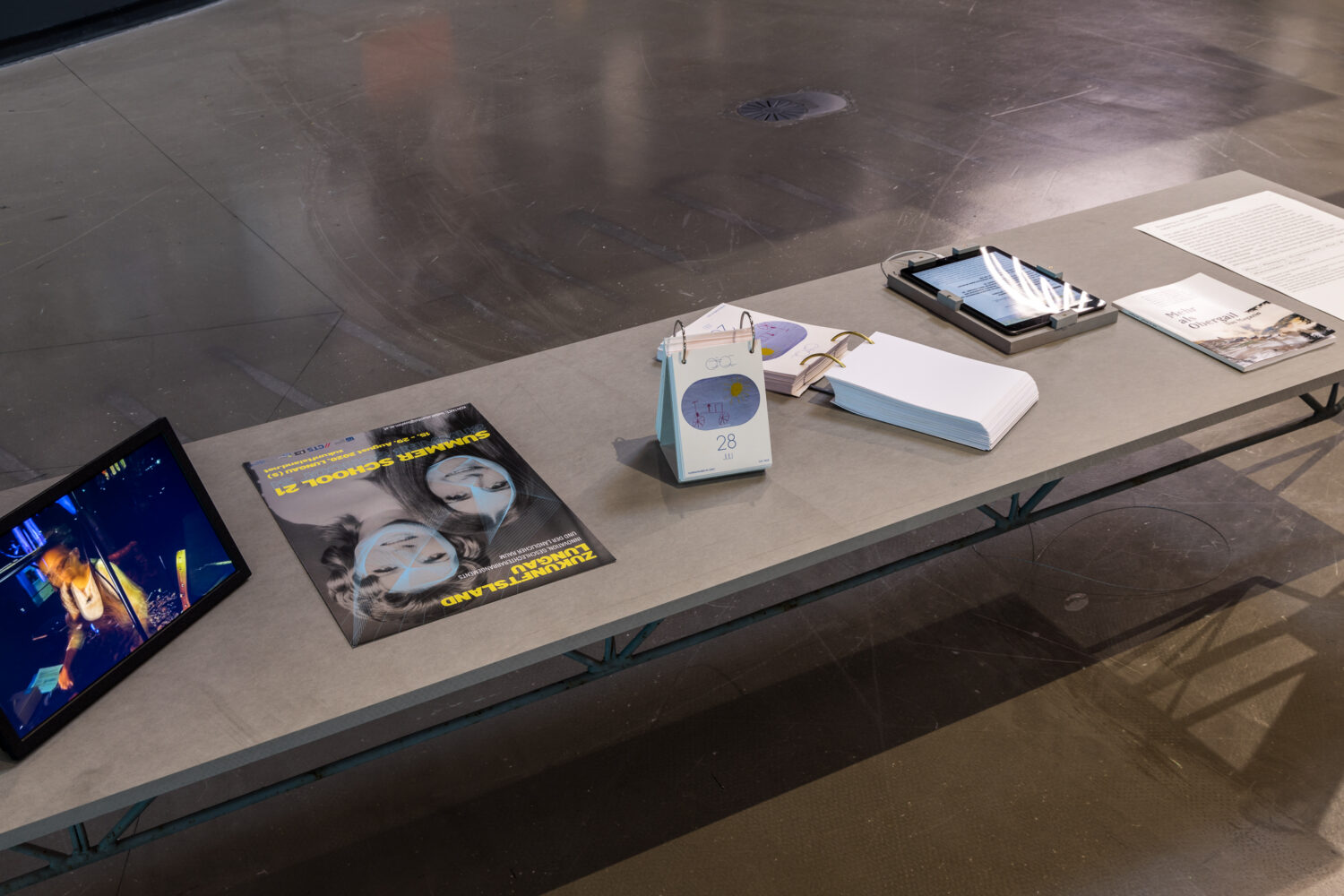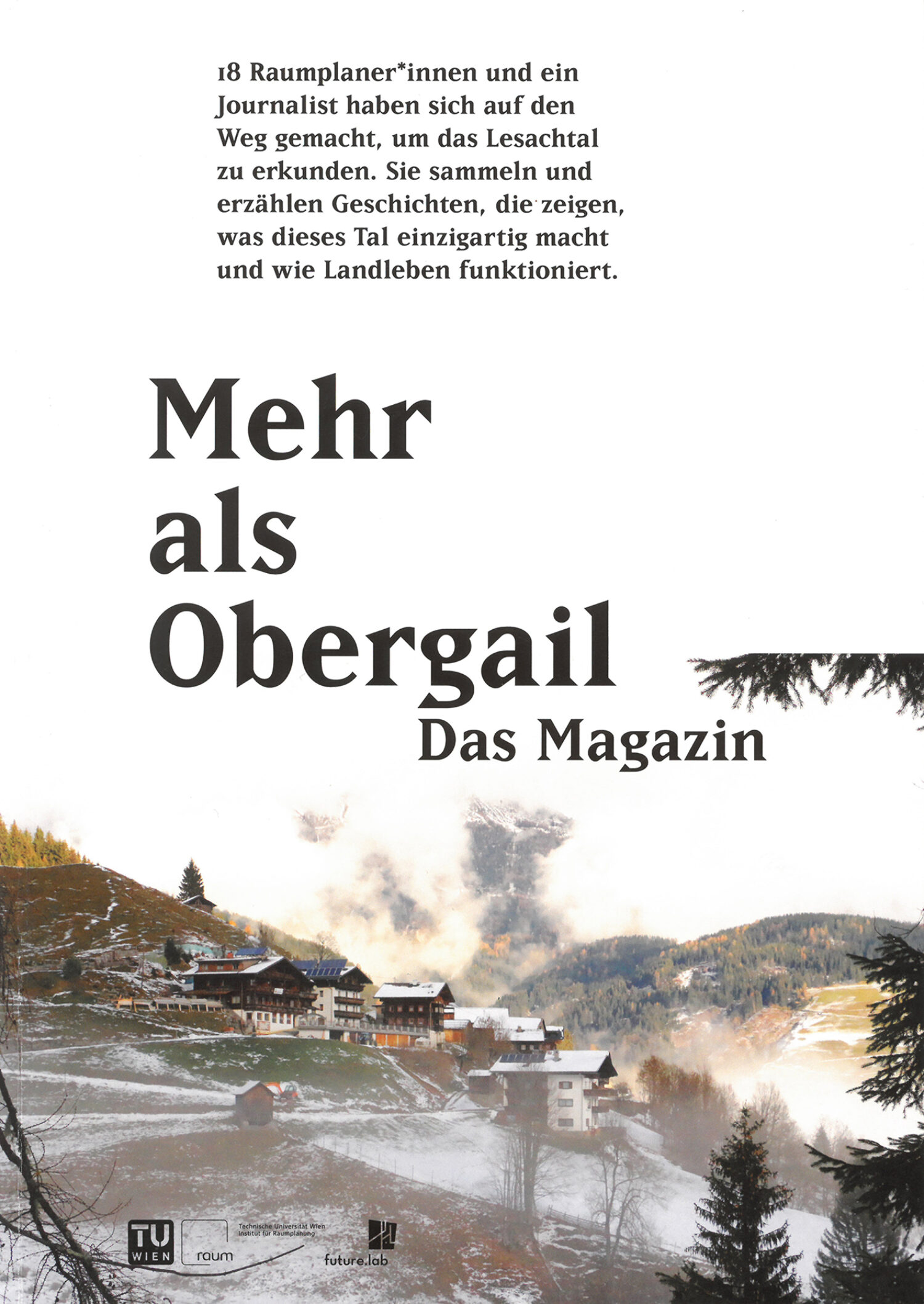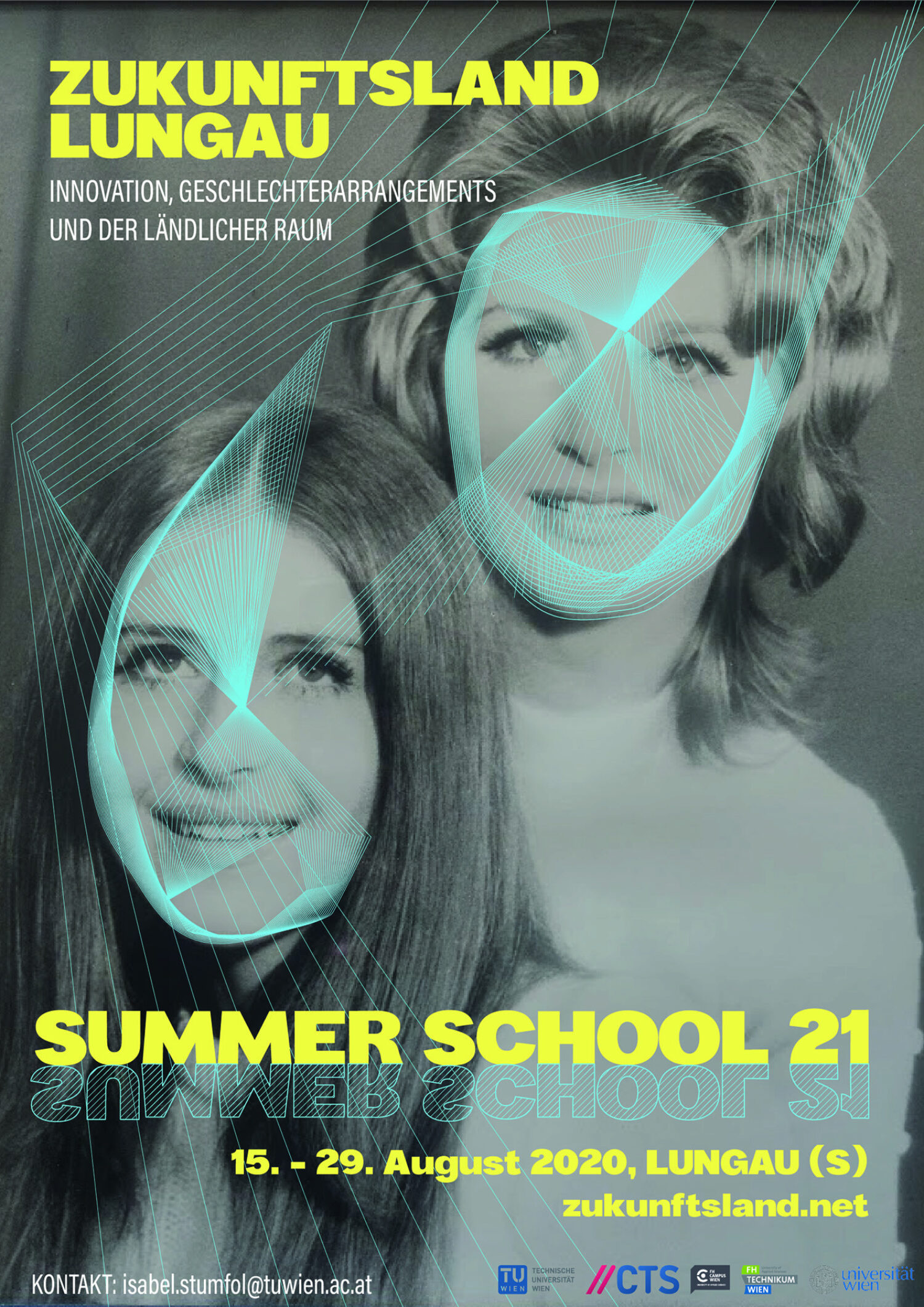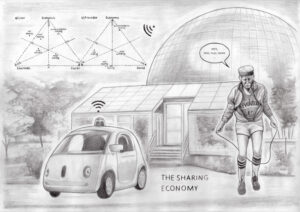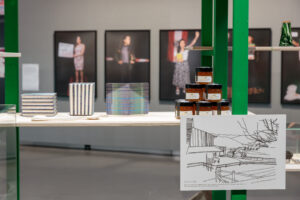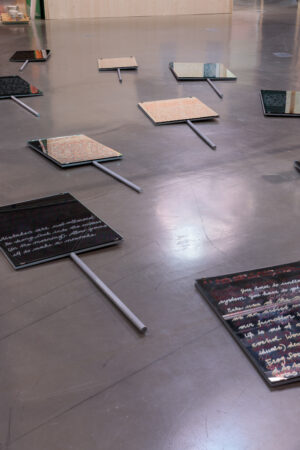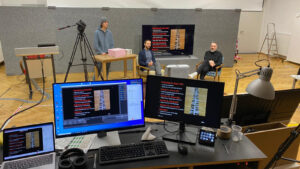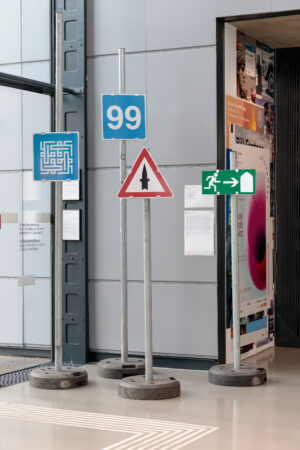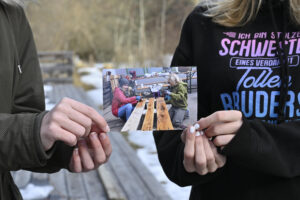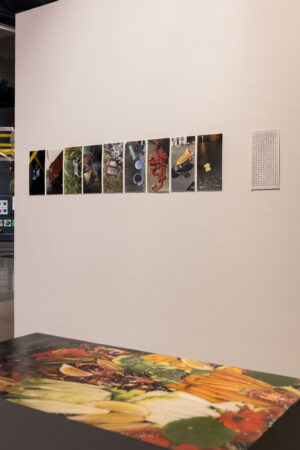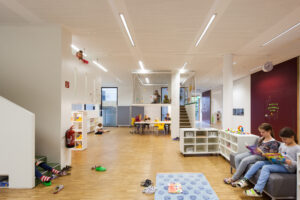Whenever we hear or read about spatial planning, it is often in connection with problems: dying town centres, urban sprawl, the new shopping centre at the entrance to a town. The positive effects of spatial planning tend to remain invisible. Storytelling offers a remedy by making good spatial planning visible and ensuring that complex subjects are clear and understandable. Stories can spark emotions and capture our attention, making it easier for people to identify with processes. The methods of storytelling fit in well with those of spatial planning – in the search for traces, analysis, documentation, partic-ipation, activation, in planning, in mapping ... In planning processes – whether in the rural community or in active mobility – a wide range of perspectives must be included, an array of interests brought together. Spatial planning also depends on people and their stories.
Storytelling in spatial planning, from 2019
Isabel Stumfol, Luca Bierkle
Project partners: Mobility Lab Graz Grenzenlos, Institute of Spatial Planning/Vienna University of Technology, Verein Korona Mai
Funded by Mobility Lab (FFG, Stadt Graz, Land Steiermark), Summer School 21 (CTS – Center for Technology and Society)
With thanks to Professor Sibylla Zech and Professor Martin Berger as well as the project partners from Mobility Lab Graz Grenzenlos. We would also like to thank the many crowd-funders who made Mehr als Obergail. Das Magazin possible, and also the people of Leschtal who welcomed us so warmly.
